Trump’s tax proposals total an estimated $10.5 trillion over a decade, exceeding the combined budgets of all domestic federal agencies.
This substantial figure is derived from Trump and his running mate JD Vance’s numerous tax cut proposals, as they campaign across the country. The magnitude of this sum challenges the financial resources available to the federal government.
The Challenge of Balancing the Budget

Tax and budget specialists have initially estimated that even eliminating $9.8 trillion in non-defense discretionary spending over ten years wouldn’t cover the expense of Trump’s proposed tax cuts.
This suggests a significant shortfall in the budget, questioning the feasibility of implementing such extensive tax cuts without substantial increases in federal debt or cuts to essential services.
Lack of Detailed Financial Plans
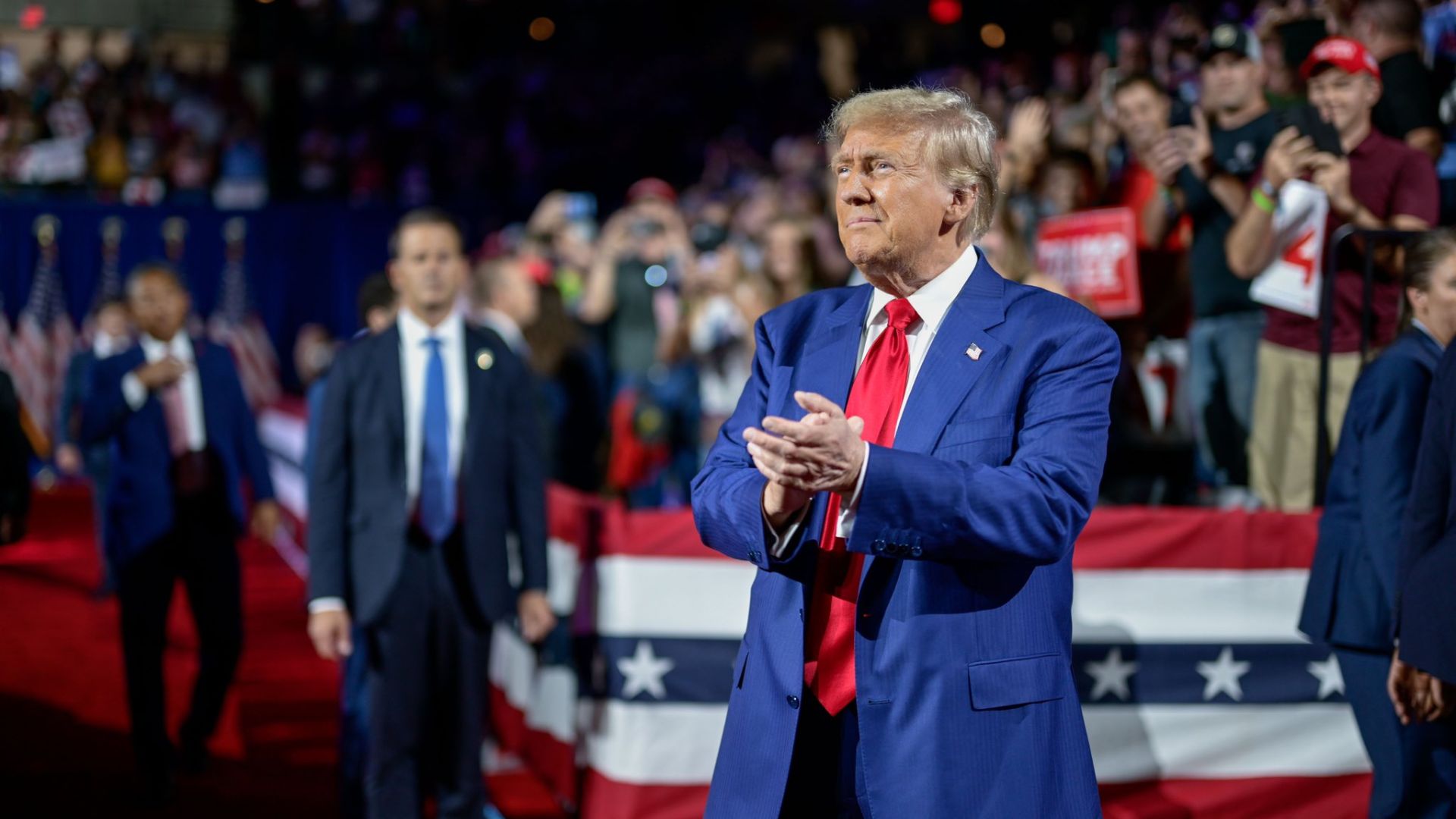
According to tax and budget specialists, the Trump campaign has not released detailed policy plans for these extensive tax promises.
The absence of concrete details raises concerns about the viability and financial impact of these proposed tax cuts, leaving analysts and the public guessing about the potential economic consequences.
Trump’s Plan to Offset Costs
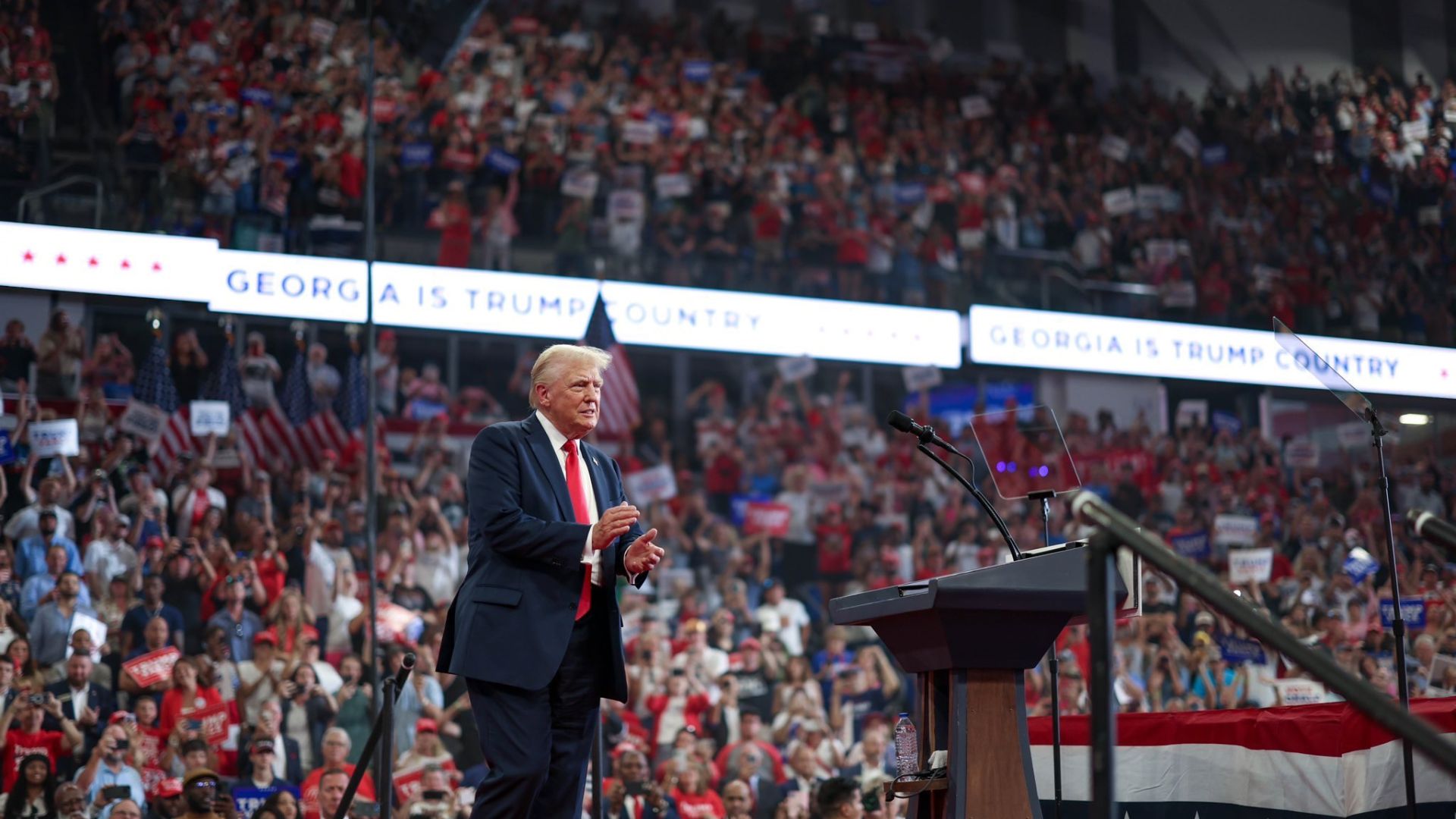
The Trump campaign claims that these tax cuts will be funded by cutting wasteful spending and increasing energy production.
However, specific strategies or detailed plans have not been disclosed, leaving a gap in understanding how these cuts will be financially managed without increasing the national debt.
Kamala Harris’ Tax Proposals

In contrast, Democrat Kamala Harris has also proposed significant tax cuts, such as exempting tips from taxation and expanding the child tax credit.
However, she plans to offset the financial impact, estimated at roughly $2 trillion, with tax increases on corporations and wealthy individuals, aiming for a more balanced approach to fiscal policy.
Harris’ Progressive Policy Rollout
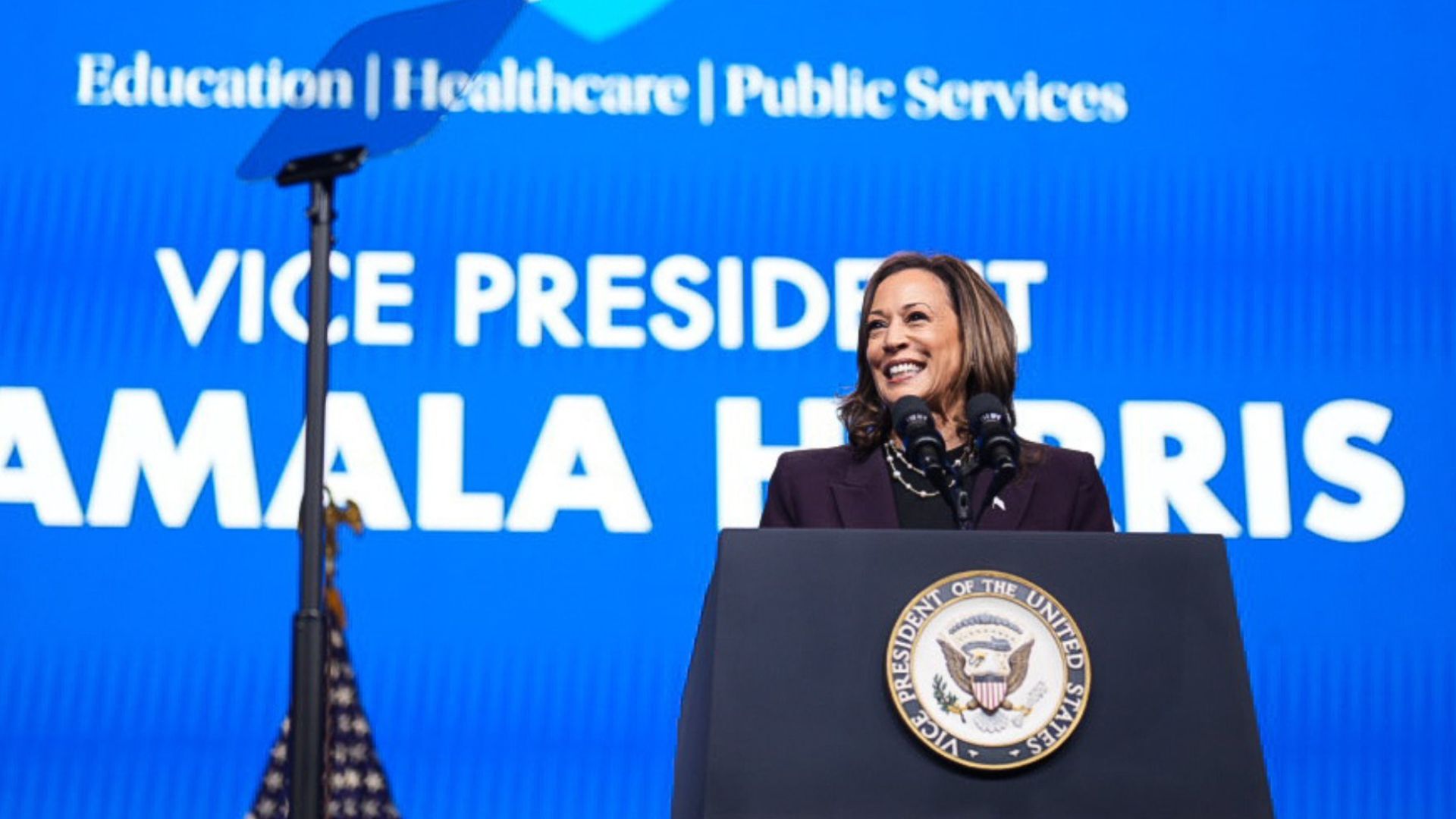
Harris continues to unveil her policy ideas incrementally, adding more elements to her fiscal strategy.
This week, she proposed expanding deductions for start-up businesses and signaled further tax policy announcements. Her approach contrasts with Trump’s, as she specifies methods to balance the budget impacts of her proposals.
Congressional Approval Unlikely
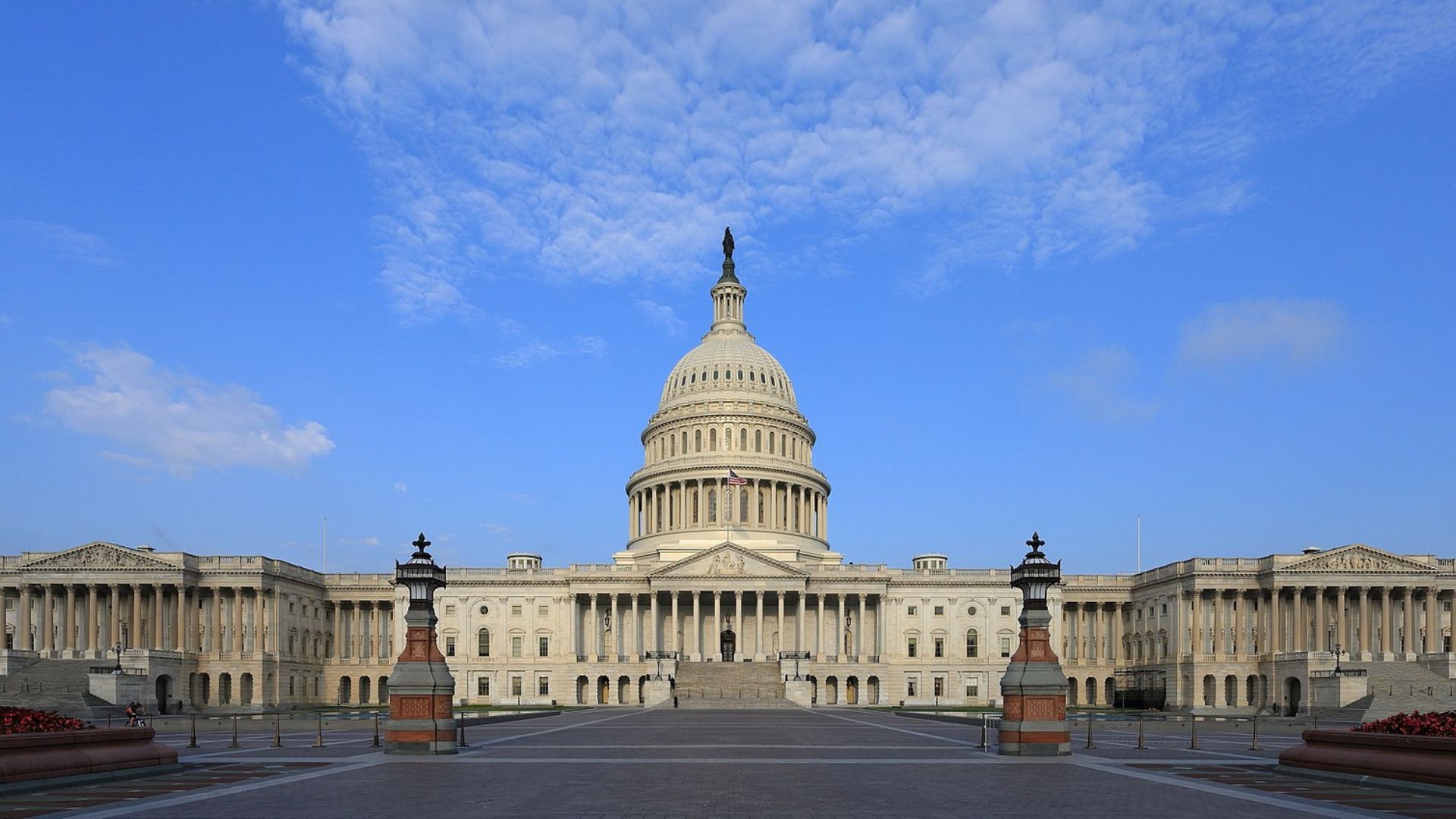
“The sheer magnitude of the Trump campaign’s tax promises make it highly unlikely they all would pass even in a Congress controlled by Trump allies,” according to Kyle Pomerleau, a senior fellow with the right-leaning American Enterprise Institute.
This statement reflects the skepticism about the feasibility of passing such expansive tax legislation.
Questionable Economic Growth from Tax Cuts
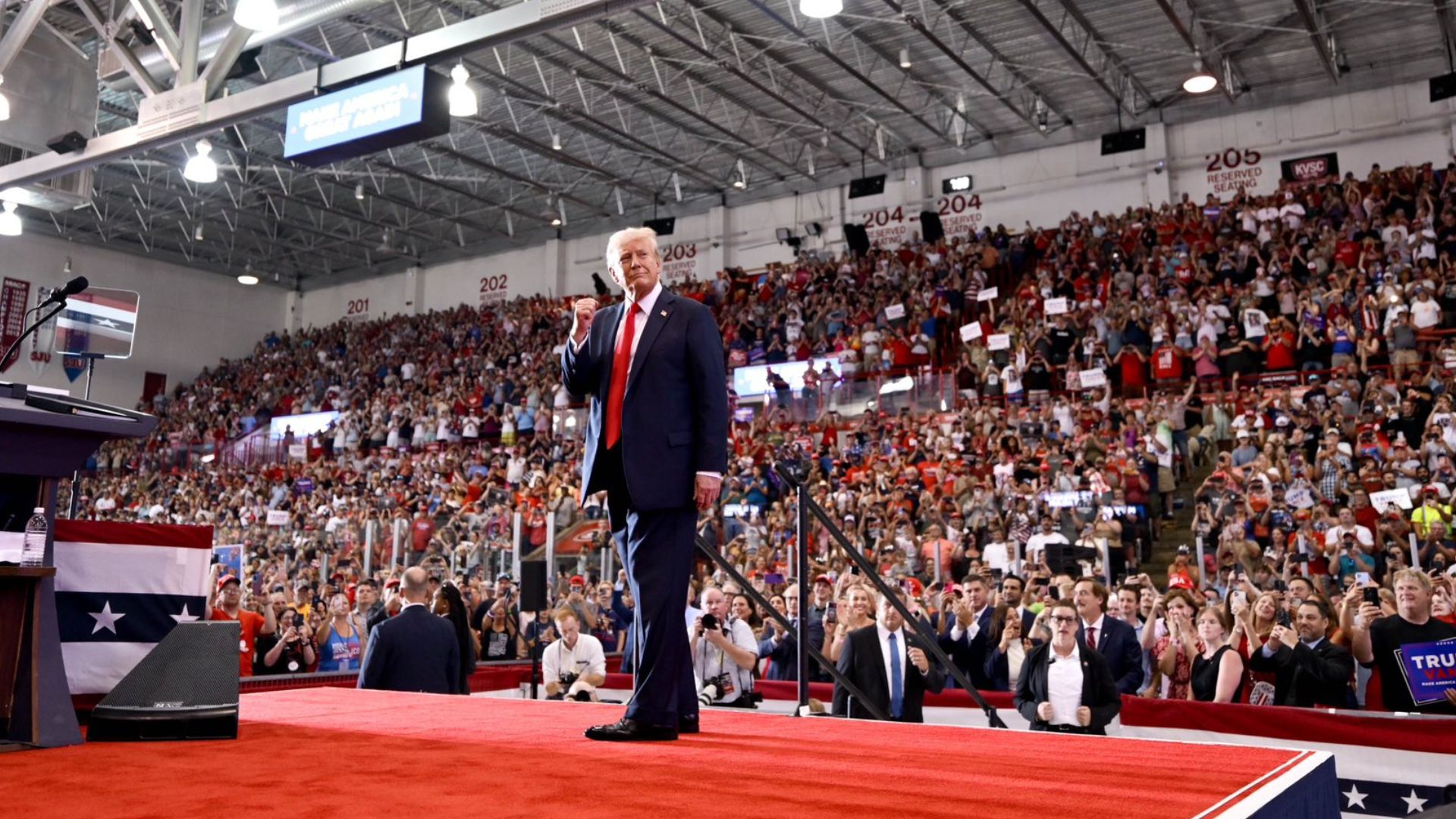
While Republicans argue that tax cuts boost growth, the specific benefits of Trump’s proposals, primarily targeting individual tax reductions, are unclear.
There is no consensus among economists on whether these cuts would significantly spur new economic activity, especially given their focus on individual rather than business taxes.
Potential Implications for Federal Spending
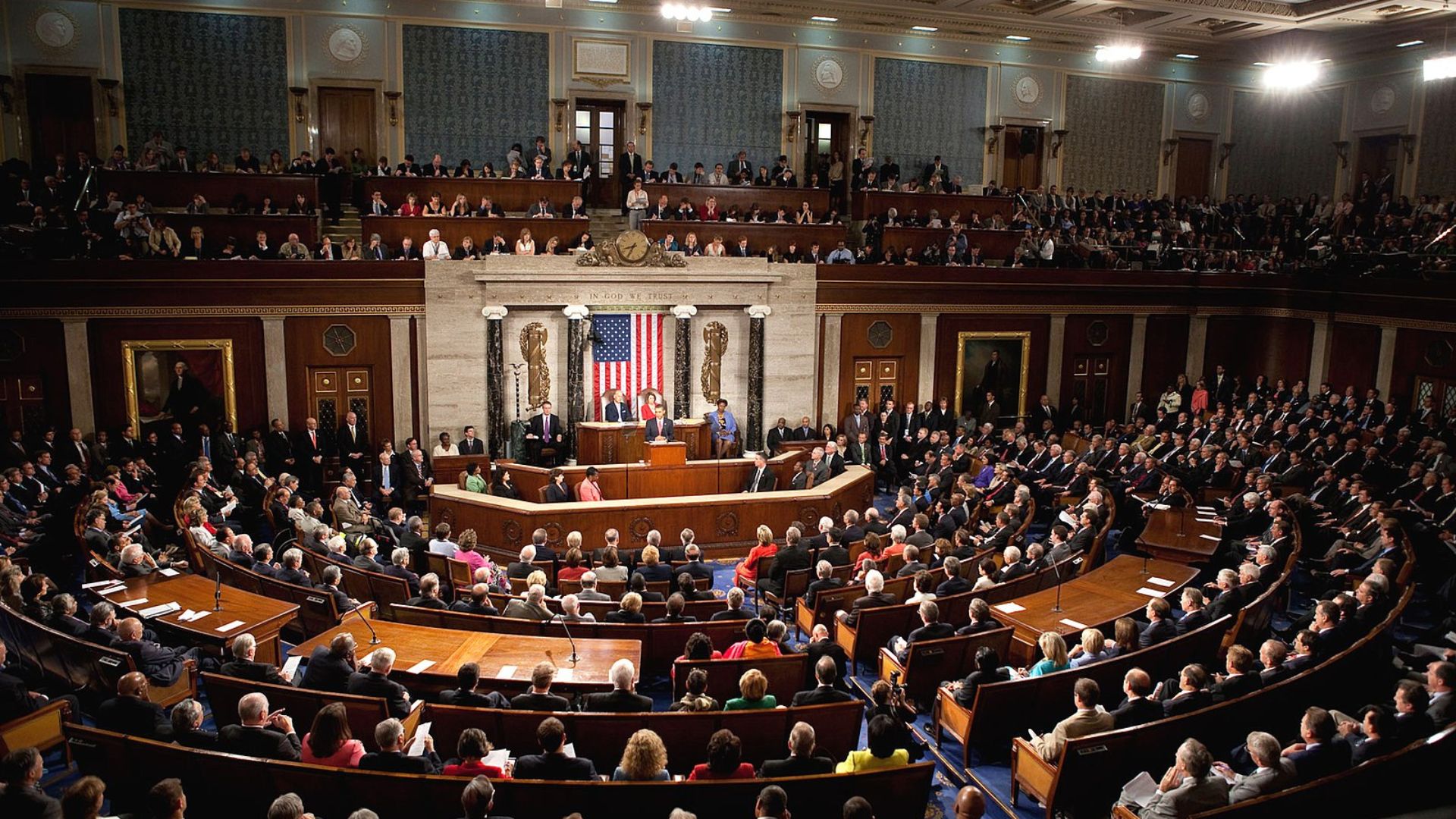
If Congress were to approve Trump’s tax cut proposals and maintain current spending levels, the federal budget could only sustain military funding, federal benefits like Social Security, and interest on the national debt.
This scenario would necessitate the elimination of several federal agencies handling critical functions such as law enforcement and border security.
Voter Expectations and Candidate Proposals
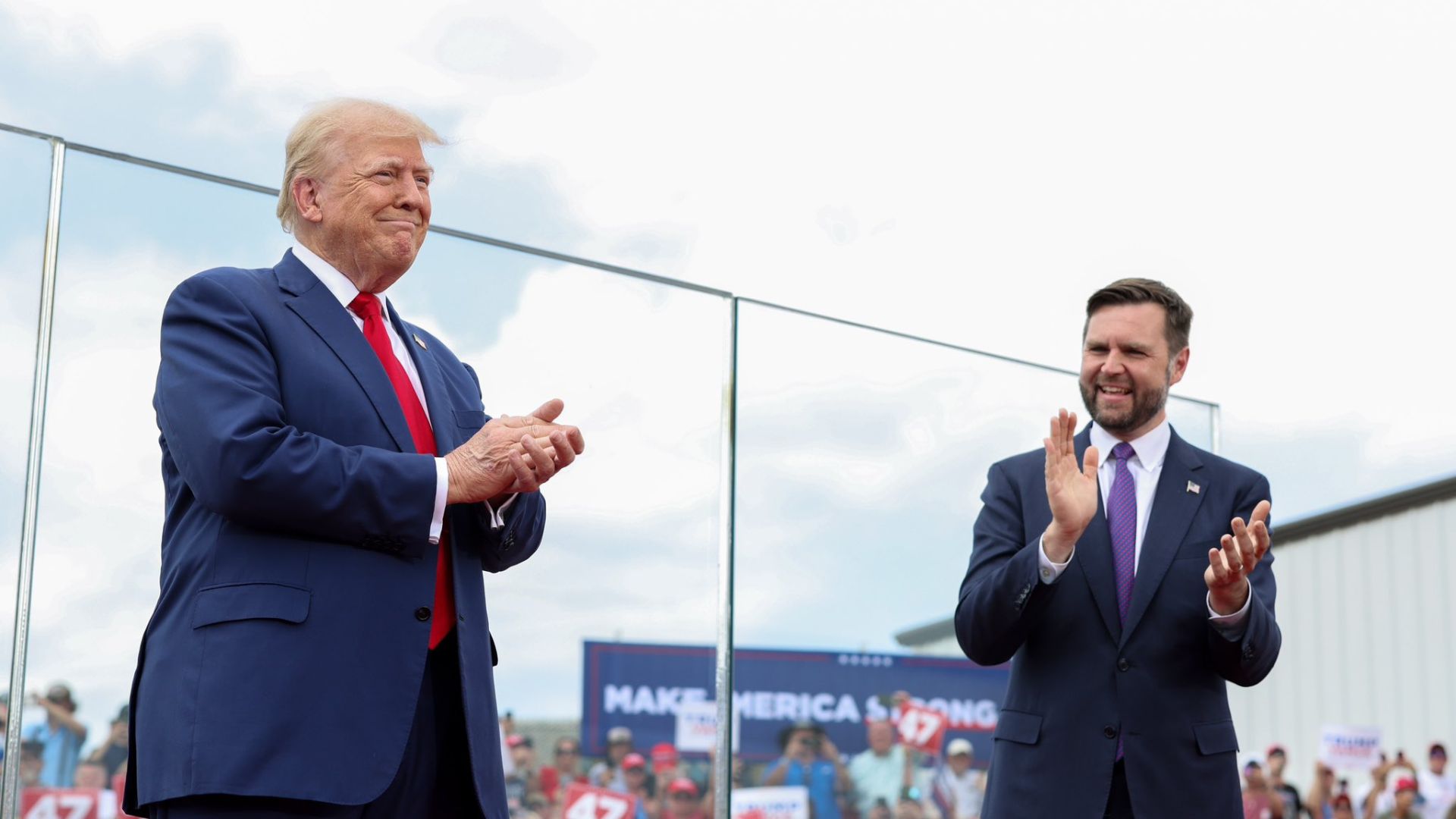
Trump’s supporters are accustomed to his broad, impulsive policy announcements.
In contrast, Democrats, including key constituency groups, demand detailed policy proposals from their candidates, emphasizing a well-planned approach to managing the costs of such policies.
Biden and Harris’ Deficit Reduction Plans
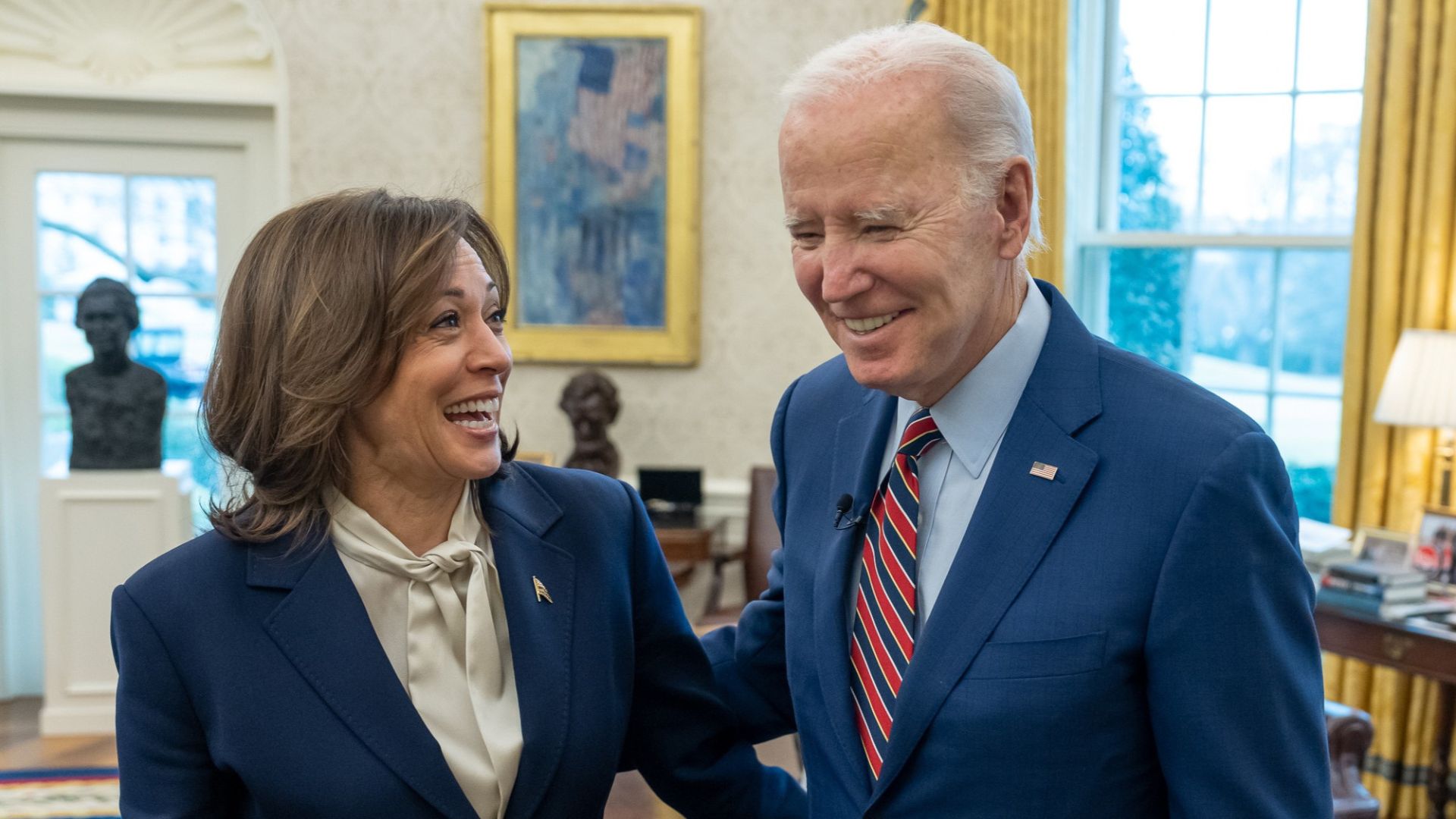
President Joe Biden and Kamala Harris have released a budget proposal aimed at cutting federal deficits by $3 trillion over a decade, primarily through tax increases on corporations and wealthy individuals.
This plan, however, faces strong resistance from significant business lobbies, highlighting the challenges of implementing such fiscal policies.
Tax Policy and Congressional Dynamics

Taxes will be a primary focus in Congress next year, regardless of the election outcomes.
Major parts of Trump’s 2017 tax cuts are set to expire, prompting necessary discussions on the tax code. Trump has prioritized extending his tax law, which the Congressional Budget Office says would cost an additional $4.6 trillion over ten years, adding complexity to future fiscal negotiations.
